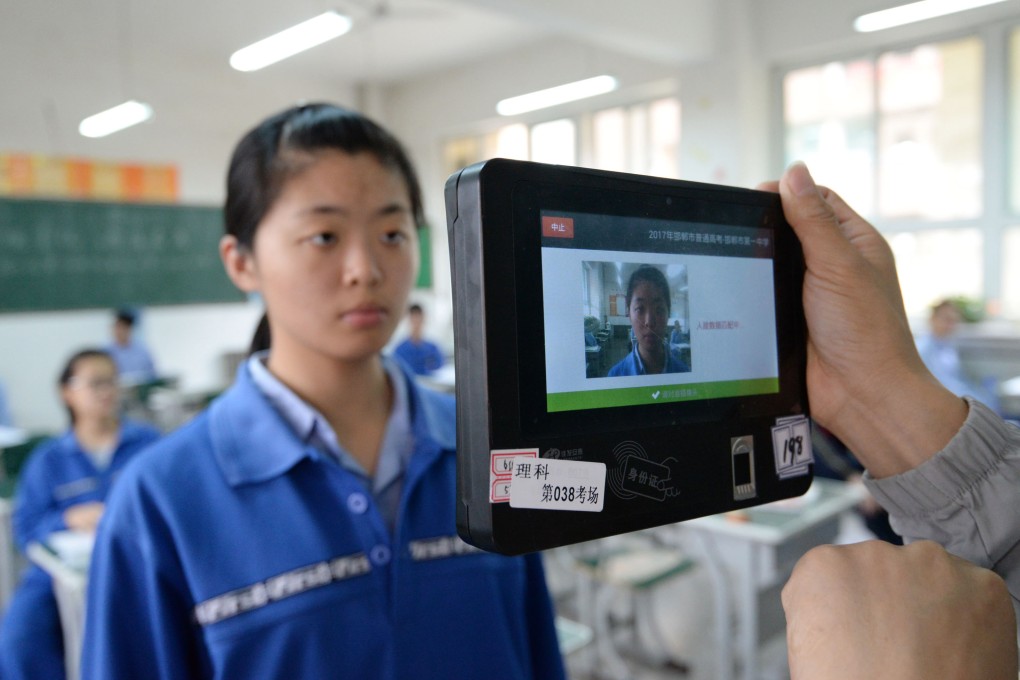Advertisement
Despite concerns in the West, China embraces facial recognition
Cultural differences may be behind varied approaches
Reading Time:2 minutes
Why you can trust SCMP
0

This article originally appeared on ABACUS
When Apple unveiled the iPhone X last year, one feature got people talking: Face ID.
Unlocking your phone by having your face scanned attracted a lot of buzz, but also plenty of worries. Creepy and scary were two of the most commonly used words to describe the technology.
But in China, facial recognition carries no such stigma. It accounts for a major portion of the money going into AI startups (which is already a larger pool than in the US). And it's quickly becoming a part of everyday lives, found in banks, restaurants, and airports.
Part of the difference is cultural. Unlike in the West, in China privacy is a relatively recent concept. Historically, individual privacy was a privilege reserved only for the most powerful few. It wasn’t until last year (when a cybersecurity law came into effect) that the country had legislation protecting personal data.
The looser regulatory environment also plays a part. In general, researchers in China have greater leeway to experiment. With gene-editing technology for instance, China allows a hospital’s own ethics committee to approve research on humans -- without the need for approval from authorities.
But the biggest reason may have to do with the government itself. Under an expansive plan known as Xue Liang, or “sharp eyes”, it’s building a network of street cameras that allow everyone from cops to stay-at-home grandmothers to monitor what’s going on inside cities. The Ministry of Public Security is working with Beijing-based facial recognition startup Megvii on a system that has reportedly helped the police arrest more than 4,000 people.
Advertisement